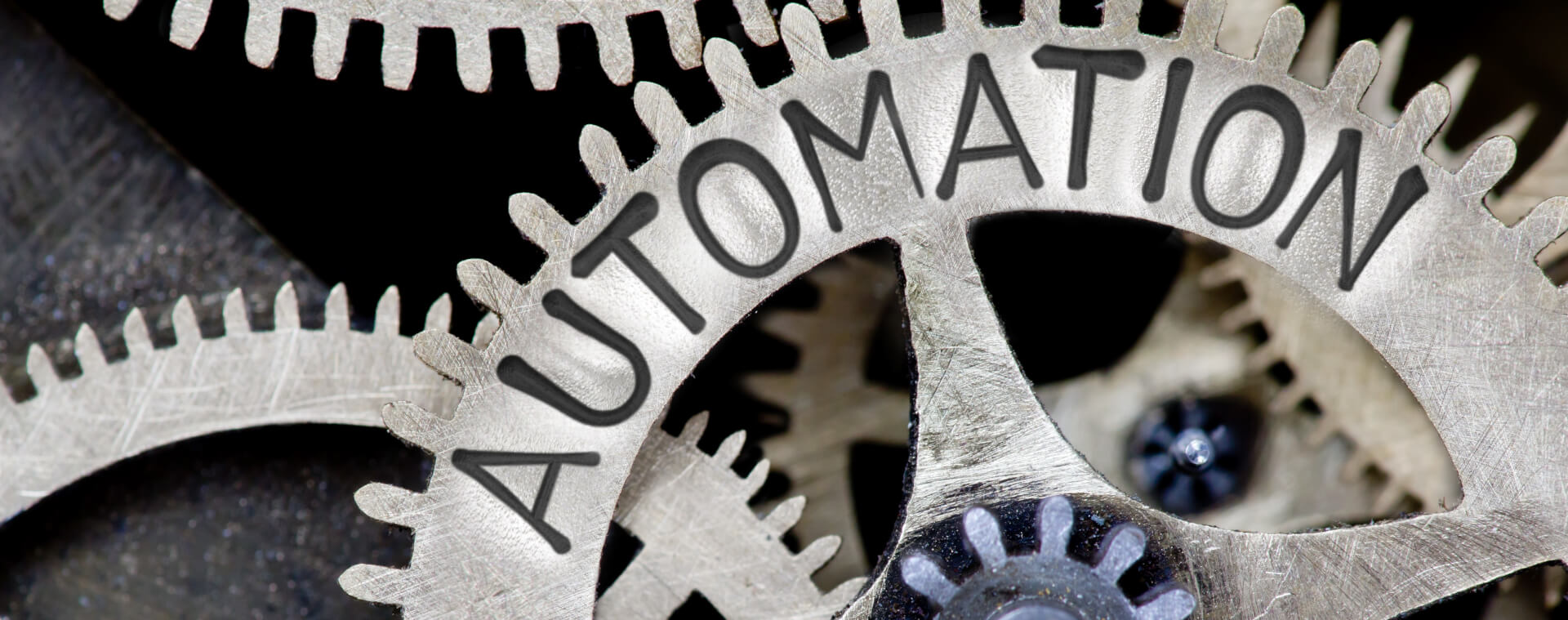|
In recent years, drone surveillance has emerged as a groundbreaking technology revolutionizing the field of surveillance and security. Drones, also known as Unmanned Aerial Vehicles (UAVs), equipped with high-resolution cameras and advanced sensors, have become valuable tools for various industries, including law enforcement, military, and private security. One of the primary advantages of drone surveillance is its ability to provide aerial views and real-time monitoring over large areas that were previously inaccessible or time-consuming to survey. This capability allows authorities to enhance public safety, aid in disaster management, and combat criminal activities more efficiently than traditional methods. By deploying drones, law enforcement agencies can monitor crowd movements during public events, search for missing persons in remote areas, and quickly assess emergency situations such as fires or natural disasters. Moreover, drone surveillance plays a crucial role in military operations. Armed forces utilize drones for reconnaissance, intelligence gathering, and target acquisition. These unmanned aircraft enable military personnel to gather critical information about enemy positions without putting soldiers' lives at risk. Additionally, drones equipped with precision-guided munitions can be used for targeted airstrikes, minimizing collateral damage and increasing operational effectiveness. While the benefits of drone surveillance are undeniable, it also raises concerns regarding privacy and ethical implications. With the potential to capture detailed imagery from above, drones have been criticized for infringing upon individual privacy rights. The constant monitoring by aerial drones may give rise to a "surveillance state" where citizens feel constantly watched and their every move monitored. Striking a balance between public safety and privacy remains an ongoing challenge that policymakers must address. Another concern associated with drone surveillance is the potential misuse or abuse of this technology. As drones become smaller, faster, and more autonomous, there is a growing risk of unauthorized surveillance, invasion of restricted airspace, and weaponization. Safeguards and regulations must be implemented to ensure responsible use and prevent misuse of drone surveillance technology. To address these concerns, governments and regulatory bodies are working on establishing guidelines and regulations. These include implementing no-fly zones, licensing requirements for drone operators, data protection measures, and strict penalties for violations. Additionally, advancements in artificial intelligence can be leveraged to develop automated systems that respect privacy rights by anonymizing collected data or conducting targeted surveillance only when necessary. drone surveillance has revolutionized the field of surveillance and security, offering unprecedented capabilities for monitoring and enhancing public safety. However, it is essential to balance the benefits of this technology with concerns related to privacy and ethics. By implementing responsible regulations and leveraging advanced AI systems, we can ensure that drone surveillance remains a powerful tool for societal benefit while respecting individual rights and maintaining ethical standards.  |
